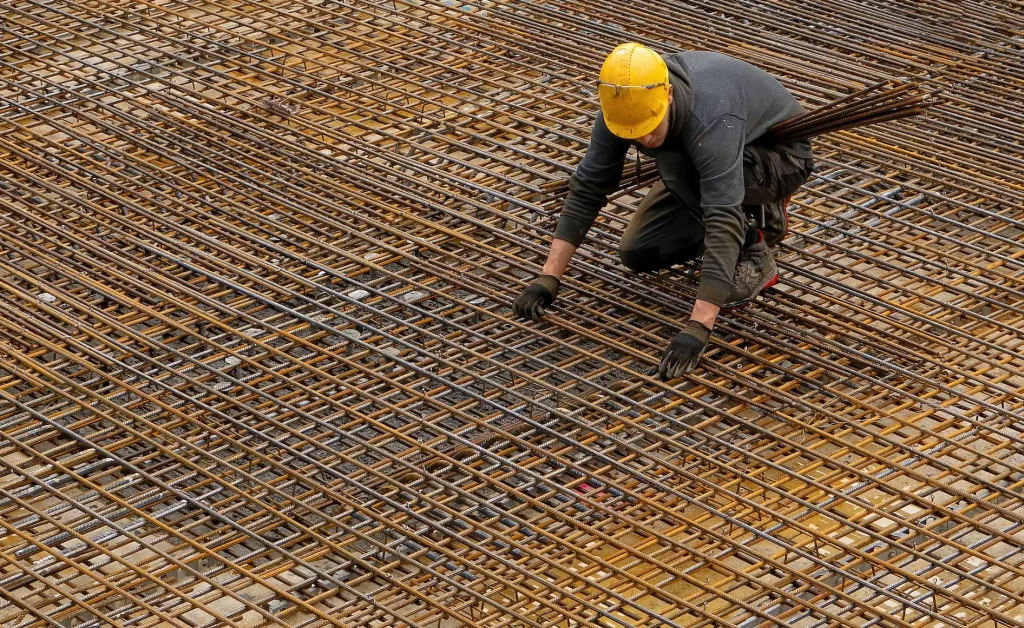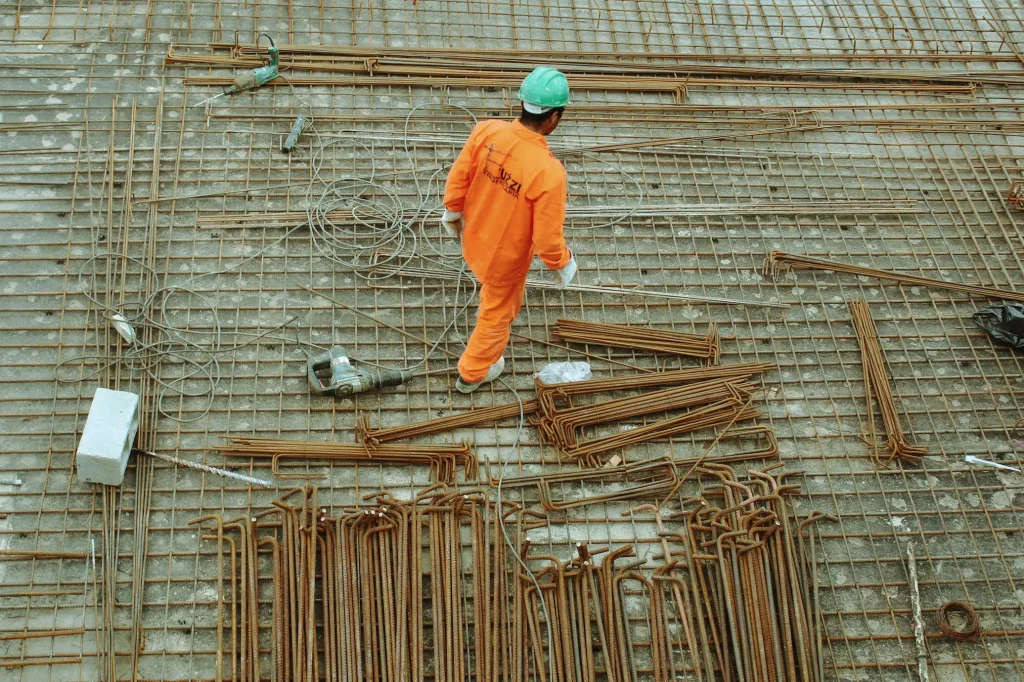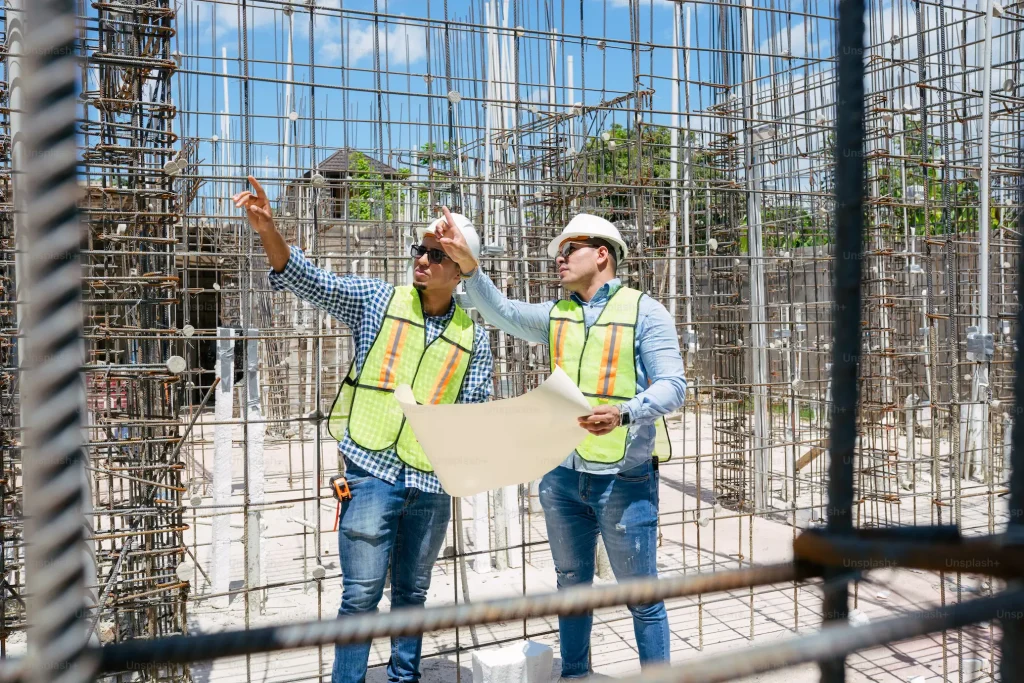
Residential concrete structures have become increasingly popular in the construction industry. From high-rise apartment buildings to single-family homes, concrete is a versatile material that offers numerous benefits. Concrete structures are known for their durability, energy efficiency, and aesthetic appeal. In this article, we will explore the benefits and challenges of residential concrete structures and provide insights into important considerations when using concrete in various residential applications.
Benefits of Residential Concrete Structures
Residential concrete structures offer a wide range of benefits that make them an attractive choice for homeowners and builders alike. Firstly, concrete is an incredibly durable material that can withstand the test of time. Unlike other building materials, such as wood, concrete is resistant to rot, pests, and fire. This makes it an excellent choice for homeowners looking for long-lasting, low-maintenance structures.
Additionally, concrete structures are known for their energy efficiency. The thermal mass of concrete helps regulate temperature fluctuations, reducing the need for heating and cooling systems. This not only leads to cost savings but also contributes to a greener and more sustainable living environment.
Moreover, concrete structures offer excellent sound insulation properties. This is particularly advantageous for residential buildings, as it helps minimize noise transfer between rooms and from outside sources. Homeowners can enjoy peace and quiet, even in bustling urban areas.
Challenges of Residential Concrete Structures

While residential concrete structures offer numerous benefits, they also come with their fair share of challenges. One key challenge is the initial cost of construction. Concrete can be more expensive than other building materials, and the cost can increase depending on the design’s complexity and the structure’s size. However, it is important to consider the long-term savings in terms of maintenance and energy efficiency, which often outweigh the initial investment.
Another challenge of residential concrete structures is the potential for cracks. Concrete is susceptible to cracking due to factors such as shrinkage, settling, or extreme weather conditions. However, proper construction techniques and regular maintenance can help minimize the occurrence of cracks and ensure the longevity of the structure.
Furthermore, the weight of concrete can pose challenges during construction. It may require specialized equipment and expertise to handle and transport the heavy materials. However, with the right planning and coordination, these challenges can be effectively overcome.
Residential Concrete Floors: Advantages and Considerations
Residential concrete floors have gained popularity in recent years due to their durability, versatility, and aesthetic appeal. Concrete floors can be polished, stained, or stamped to create a wide range of designs and textures, making them a versatile choice for homeowners. Additionally, concrete floors are easy to clean and maintain, making them ideal for high-traffic areas such as kitchens and living rooms.
However, there are certain considerations to keep in mind when opting for residential concrete floors. Firstly, concrete floors can be hard on the feet, especially when standing or walking for extended periods. To mitigate this, homeowners may choose to incorporate rugs or cushioned flooring in certain areas.
Secondly, concrete floors can be cold to the touch, which may not be ideal for colder climates. Proper insulation and the use of radiant heating systems can help address this issue and ensure a comfortable living environment.
Lastly, it is important to consider the levelness of the subfloor before installing concrete floors. Any unevenness can affect the final result and may require additional preparation work.
Finding a Residential Concrete Contractor Near You

Finding a reliable and experienced contractor is crucial when undertaking a residential concrete project. A reputable residential concrete contractor will have the knowledge and expertise to ensure a successful and high-quality outcome. There are several ways to find a residential concrete contractor near you.
Firstly, you can ask for recommendations from friends, family, or neighbors who have recently completed a similar project. Their firsthand experience and satisfaction can be a valuable reference.
Secondly, online directories and review platforms can provide information about local concrete contractors. Reading customer reviews and ratings can help you gauge the reputation and reliability of different contractors.
Lastly, contacting local construction associations or visiting home improvement expos can also provide opportunities to connect with reputable contractors in your area.
Residential Concrete Services: What to Expect
When hiring a residential concrete contractor, it is important to understand the range of services they offer. Residential concrete services can include various aspects of construction, such as foundation work, driveways, sidewalks, patios, and more.
A reputable contractor will provide a comprehensive consultation to understand your specific needs and goals. They will then develop a detailed plan that encompasses design, materials, timelines, and costs. Throughout the construction process, the contractor will ensure proper site preparation, concrete pouring, and finishing techniques to achieve a high-quality result.
It is essential to communicate openly with the contractor and ask any questions you may have. This will help ensure that your expectations are met and that the final outcome aligns with your vision.
How Thick Should a Residential Concrete Driveway Be?

The thickness of a residential concrete driveway is an important consideration to ensure its longevity and durability. The appropriate thickness depends on factors such as the weight of vehicles that will be using the driveway and the soil conditions.
In general, a typical residential concrete driveway should have a minimum thickness of 4 inches. However, if heavier vehicles such as trucks or RVs will be using the driveway, a thickness of 6 inches or more may be necessary.
It is recommended to consult with a professional residential concrete contractor who can assess the specific requirements of your driveway and provide expert advice on the appropriate thickness.
Tips for Concrete Floors in Residential Settings
Concrete floors in residential settings can be a stylish and practical choice. To ensure a successful outcome, here are some tips to keep in mind:
- Proper surface preparation: Ensure that the subfloor is clean, level, and free of any debris or moisture before pouring the concrete. This will create a solid foundation for the floor.
- Incorporate proper insulation: To address the coldness of concrete floors, consider installing insulation beneath the flooring. This will help maintain a comfortable temperature.
- Choose the right finish: Concrete floors can be finished in various ways, such as polishing, staining, or stamping. Consider the aesthetic appeal and the practicality of the finish for your specific needs.
- Regular maintenance: Concrete floors are relatively low-maintenance, but regular cleaning and occasional resealing can help preserve their appearance and durability.
By following these tips, homeowners can enjoy the benefits of concrete floors for years to come.
Maintaining and Repairing Residential Concrete Structures

Proper maintenance and timely repairs are essential for preserving the longevity and integrity of residential concrete structures. Here are some key considerations:
- Regular inspections: Periodically inspect the concrete structure for any signs of cracks, spalling, or other damage. Early detection can prevent further deterioration.
- Cleaning: Clean the concrete surfaces regularly using mild cleaners and avoid harsh chemicals that can damage the concrete.
- Sealing: Apply a concrete sealer every few years to protect the surface from moisture, stains, and weathering.
- Repairs: Address any cracks or damage promptly to prevent further deterioration. Depending on the severity of the damage, repairs can range from simple patching to more extensive restoration.
Consulting with a professional concrete contractor can provide expert guidance on maintenance and repair techniques specific to your residential concrete structure.
Conclusion: Making Informed Decisions About Residential Concrete
Residential concrete structures offer a wide range of benefits, including durability, energy efficiency, and aesthetic appeal. While there are challenges to consider, such as initial cost and potential cracking, proper planning, construction techniques, and regular maintenance can ensure the longevity of these structures.
When choosing residential concrete floors, homeowners should consider factors such as comfort, insulation, and subfloor preparation. Finding a reliable residential concrete contractor is crucial for a successful project, and homeowners should thoroughly research and consider referrals and reviews.
By following proper maintenance practices and addressing repairs promptly, homeowners can enjoy the benefits of residential concrete structures for years to come. Whether it’s a driveway, patio, or foundation, residential concrete can provide a solid and reliable foundation for your home.
Trust Rhino Concrete Livermore for Every Residential Concrete Project
For all your residential concrete needs, trust Rhino Concrete Livermore. With our team of experienced professionals, we provide top-quality residential concrete services. From driveways to patios, we deliver exceptional results that meet your requirements. Contact us today to discuss your project and experience the benefits of residential concrete structures.






